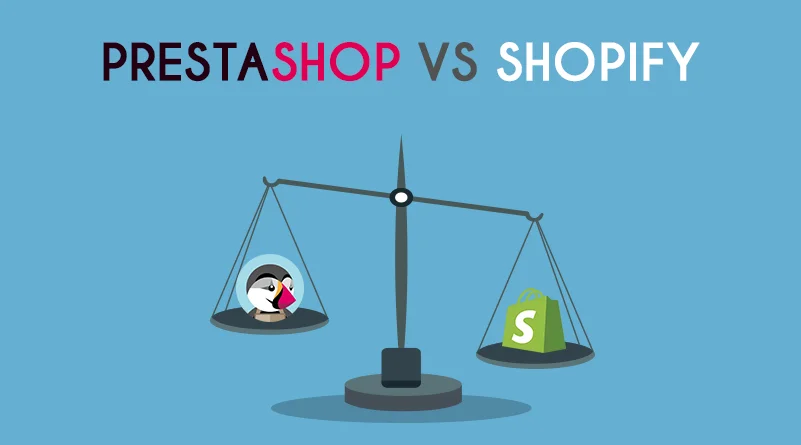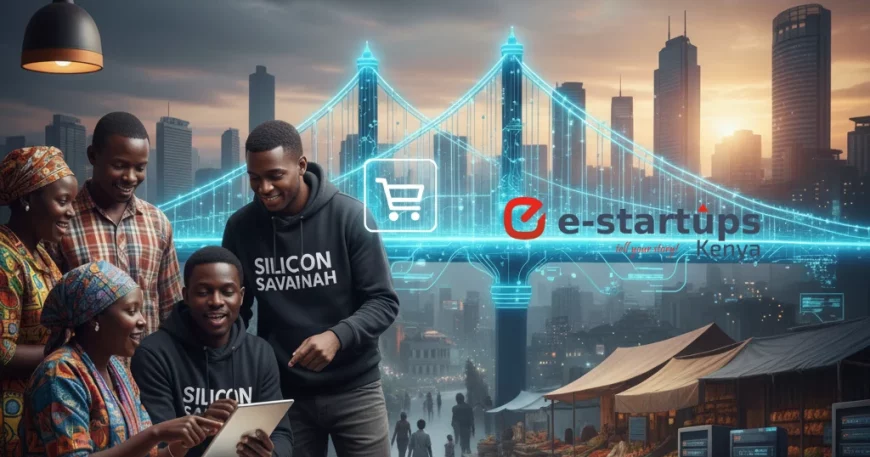Kenya’s retail industry has evolved rapidly in recent years, driven by digital transformation and changing consumer expectations. From supermarkets to fashion stores and small online vendors, retailers now understand that technology is no longer optional — it’s the foundation for growth, efficiency, and customer loyalty.
Yet, despite the rapid rise of tech adoption, there remains a significant gap between retailers and the technology providers serving them. Many businesses struggle to identify the right digital tools, while tech companies often fail to understand the unique challenges retailers face on the ground. Bridging this gap is essential for Kenya’s retail sector to realize its full potential in the digital economy.

The Disconnect Between Retailers And Tech Providers
For many Kenyan retailers, technology can seem complex, expensive, or unnecessary — especially for those operating traditional stores or juggling thin profit margins. On the other hand, tech providers often design solutions without fully grasping how retail operations work day-to-day, leading to systems that look good on paper but fail in execution.
Retailers need tools that solve real problems, like inventory tracking, digital payments, staff management, and customer engagement. However, many end up adopting systems that either don’t integrate with their existing processes or require skills their teams don’t have. This disconnect slows down digital adoption and limits innovation in the sector.
Why Collaboration Is Key
The future of retail in Kenya depends on collaboration between retailers and tech providers. Retailers understand customer behavior, market trends, and operational pain points. Tech providers, on the other hand, bring the innovation, systems, and infrastructure that can turn those insights into efficient, data-driven workflows.
When both parties communicate openly, the result is smarter, affordable solutions that fit the local context. For example, integrating point-of-sale systems with M-Pesa, or using WhatsApp bots to automate customer service, are practical examples of what happens when tech meets real retail needs.

Understanding Retail Needs Through Local Context
One of the biggest challenges for global or regional tech firms operating in Kenya is a lack of local context. Retailers in Nairobi or Kisumu face very different challenges from those in Lagos or Johannesburg. Issues like unreliable internet, high transaction fees, or staff training gaps require localized solutions.
This is where homegrown companies like E-Startups Kenya come in. With deep knowledge of the Kenyan business environment, we design technology that aligns with local realities. From cloud-based inventory systems to mobile-friendly ecommerce platforms, our tools are built for the way Kenyan retailers actually work.
The Role Of Integration And Automation
Modern retailers juggle multiple tools: accounting software, POS systems, ecommerce websites, and payment gateways. Without integration, managing all these platforms becomes chaotic and time-consuming. Seamless integration allows retailers to sync sales data, track performance, and make decisions using real-time insights.
Automation takes this further by reducing manual work. Tasks like stock updates, email campaigns, or payment confirmations can run automatically in the background, giving retailers more time to focus on customers and growth.
Through solutions like AI chatbots, CRM integrations, and automated loyalty systems, E-Startups Kenya helps businesses streamline operations and enhance the customer experience.

Building Affordable, Scalable Retail Tech
Another reason for the gap is cost. Many small and medium retailers believe tech solutions are too expensive or designed only for large corporations. But this doesn’t have to be the case.
With advances in cloud technology and software-as-a-service (SaaS) models, it’s now possible for retailers to access advanced tools at affordable monthly rates. Solutions can scale as the business grows — starting small and expanding as revenue and demand increase.
E-Startups Kenya offers flexible systems that can grow with your business, from simple inventory management apps to complete omnichannel retail ecosystems.
Training And Continuous Support
Technology adoption doesn’t end at installation. Without proper training and ongoing support, even the best tools can fail. Many retailers are left stranded after implementation because they don’t fully understand how to use the systems effectively.
E-Startups Kenya bridges this by offering personalized training and after-sales support. Our goal isn’t just to sell software but to empower retailers to make the most of it. This approach ensures long-term success and continuous performance improvement.

Why E-Startups Kenya Is Leading This Transformation
At E-Startups Kenya, our mission is to connect retail businesses with technology that truly works for them. We don’t believe in one-size-fits-all solutions. Instead, we take time to understand your business model, customer base, and operational challenges before designing the right system.
Whether it’s ecommerce development, POS integration, CRM setup, cloud migration, or AI automation, our goal is simple — to bridge the digital divide and make retail technology accessible to all.
Conclusion
Bridging the gap between retailers and tech providers in Kenya isn’t just about introducing new software. It’s about understanding people, processes, and purpose. The future of retail lies in partnerships where technology empowers, simplifies, and scales businesses sustainably.
If you’re a retailer looking to digitize your operations or a brand ready to scale online, E-Startups Kenya can help you take that next step. Together, we can shape a more connected, innovative, and profitable retail future for Kenya and Africa.




























